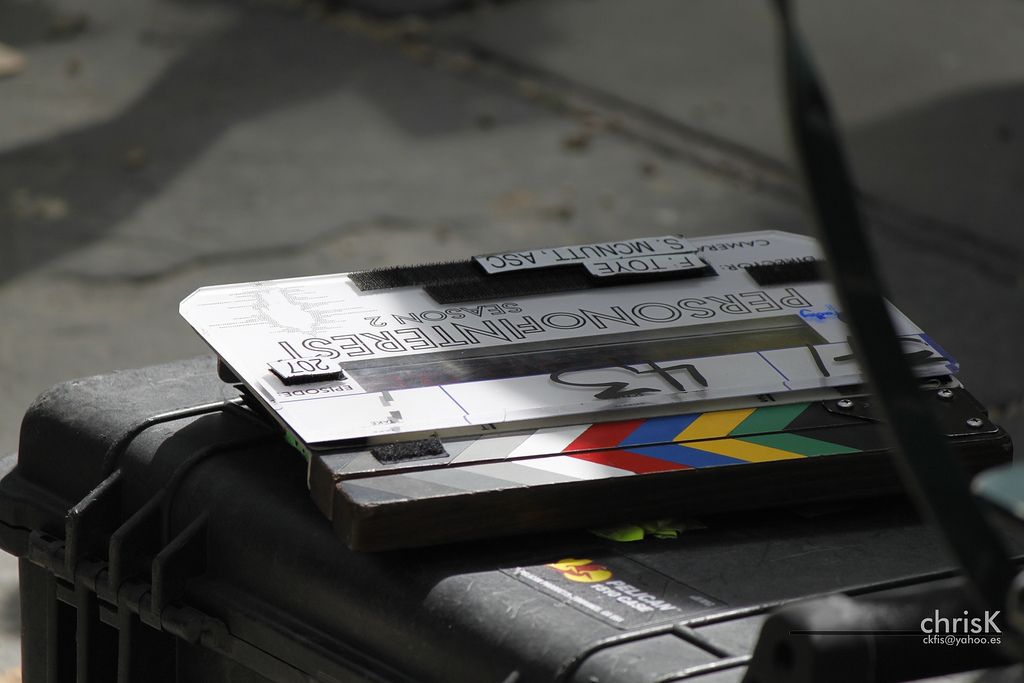February is the month of love, tokens of affection and romantic getaways.
This month, thousands of couples will visit romantic destinations such as Paris, Rome, New York and Florence to leave padlocks secured on their bridges and affirm their eternal love. This gesture is an emotional commitment to their partner, but also to the experience they share.
Connecting with customers in their native language is crucial in areas such as descriptions of hotel rooms, tourist guides, and even restaurant menus.
Of course, companies working within the tourism sector form an active part of this experience and, to a certain degree, are responsible for customers’ decisions about their trip and lasting impressions. Something you might have overlooked, however, is that this responsibility falls largely on the quality of their texts and communications. Connecting with customers in their native language is crucial in areas such as descriptions of hotel rooms, tourist guides, and even restaurant menus. A company’s texts, their meaning and cohesion are decisive in attracting the customer’s attention and gaining their trust.
 If a text doesn’t live up to expectations, in line with what the customer is hoping for from their experience, they won’t just reject it and look for another option, they’ll also be left with a negative image of the company in question. The difference between a text that has been translated correctly and effectively by a native professional and one translated by an automatic translator or by someone who isn’t a professional translator, may just be the difference between a booking or a purchase and a customer who leaves a website in search of an alternative.
If a text doesn’t live up to expectations, in line with what the customer is hoping for from their experience, they won’t just reject it and look for another option, they’ll also be left with a negative image of the company in question. The difference between a text that has been translated correctly and effectively by a native professional and one translated by an automatic translator or by someone who isn’t a professional translator, may just be the difference between a booking or a purchase and a customer who leaves a website in search of an alternative.
A text translated by a professional native translator may, in fact, be the love padlock that secures your relationship with the customer. The care taken over a text, so that it reaches the reader in an appropriate and convincing manner, is an essential requirement to forge customer loyalty with your business.



